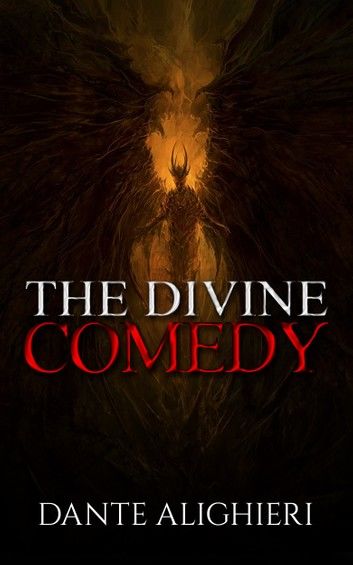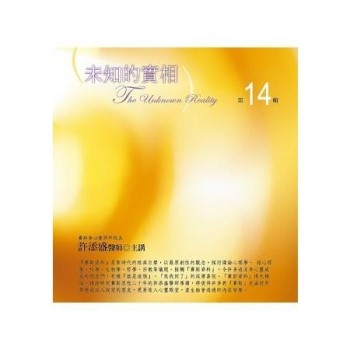| FindBook |
有 1 項符合
The Divine Comedy的圖書 |
 |
The Divine Comedy 作者:Dante Alighieri 出版社:Enhanced E-Books 出版日期:2014-08-29 語言:英文 |
| 圖書館借閱 |
| 國家圖書館 | 全國圖書書目資訊網 | 國立公共資訊圖書館 | 電子書服務平台 | MetaCat 跨館整合查詢 |
| 臺北市立圖書館 | 新北市立圖書館 | 基隆市公共圖書館 | 桃園市立圖書館 | 新竹縣公共圖書館 |
| 苗栗縣立圖書館 | 臺中市立圖書館 | 彰化縣公共圖書館 | 南投縣文化局 | 雲林縣公共圖書館 |
| 嘉義縣圖書館 | 臺南市立圖書館 | 高雄市立圖書館 | 屏東縣公共圖書館 | 宜蘭縣公共圖書館 |
| 花蓮縣文化局 | 臺東縣文化處 |
|
|
“Abandon hope, all ye who enter here.”
Dante’s The Divine Comedy is widely considered one of the greatest works of world literature. The poem's imaginative and allegorical vision of the afterlife is a culmination of the medieval world-view as it had developed in the Western Church. The work is divided into three parts: Inferno, Purgatorio, and Paradiso.
On the surface, the poem describes Dante's travels through Hell, Purgatory, and Heaven; but at a deeper level, it represents allegorically the soul's journey towards God. At this deeper level, Dante draws on medieval Christian theology and philosophy, especially Thomistic philosophy and the 'Summa Theologica' of Thomas Aquinas. Consequently, the Divine Comedy has been called "the Summa in verse".
This special enhanced edition of the classic H. F. Cary translation from 1814 has been fully remastered and optimized for e-readers. It includes a selection of the original Gustave Doré illustrations which have been digitized in stunning high definition. Also included are Cary’s original footnotes and a link to a free unabridged audio recording of The Divine Comedy.
|











